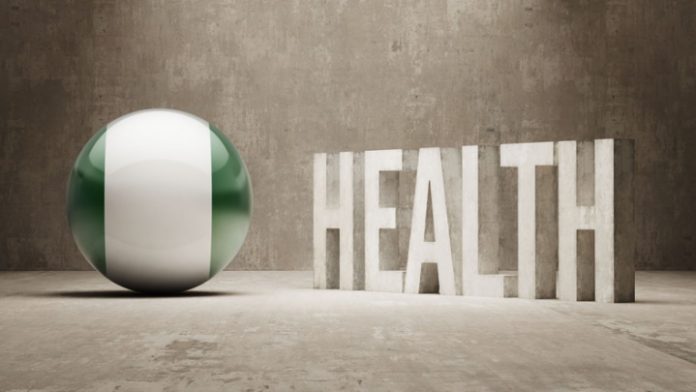The Group Individual and Family Social Health Insurance Programme (GIFSHIP) makes health insurance mandatory for Nigerian citizens. It is part of a major effort at accelerating the drive towards achieving universal access to quality healthcare for all Nigerians.
The National Assembly has passed the National Health Insurance Authority Act. The new National Health Insurance Authority (NHIA) will oversee the National Health Insurance Scheme (NHIS). GIFSHIP targets Nigerians not covered by NHIS, but will be run by NHIS.
The NHIA will be the authority that will cover all national and state schemes, and everything will be brought together. The most important aspect of it is to make health insurance mandatory for all Nigerians.
The existing voluntary National Health Insurance Scheme (NHIS) failed to achieve universal cover in all states due to opposition from states and the failure of the federal government to pass legislation to make it compulsory.
Separately the national senate is working with the Federal Ministry of Health to improve health cover by funding the Basic Health Care Provision Fund (BHCPF) to cover the poor and vulnerable.
For many years, Nigeria has struggled to achieve universal health care with a plethora of failed and incomplete legislation all mired in inadequate funding plus arguments between federal and state politicians.
The NHIS will not be wound down but will continue to provide financial access to healthcare for all Nigerians, in addition to providing regulatory governance for the health insurance sub-sector.
The e-NHIS Project, an ICT infrastructure will facilitate enrolee verification, access to care, data collection, and management. It will include analytics, which will feed into a disease map that will be of benefit in management of public health across the nation.
This ICT profile will be deployed to facilitate the implementation of GIFSHIP, among other activities of NHIS, and give subscribers easier access to service with affordable individual enrolment, enrolment of a family unit or a group of people. Any of the enrolments can also be sponsored by well-meaning individuals, trusts, or organisations.
NHIS is undergoing massive reforms through the three-point rebranding agenda. This is anchored on restoring a value system that will transform NHIS into a credible result-driven organisation, engendering transparency and accountability in the entire operations of the scheme, and accelerating the drive towards achieving universal access to quality healthcare for all Nigerians.
Despite the new legislation, each state insurance agency and state insurance schemes will continue to operate independently.
Will all of this work better than previous attempts? Nigeria’s track record suggests not.








 ©2024 All rights reserved LaingBuisson
©2024 All rights reserved LaingBuisson 


